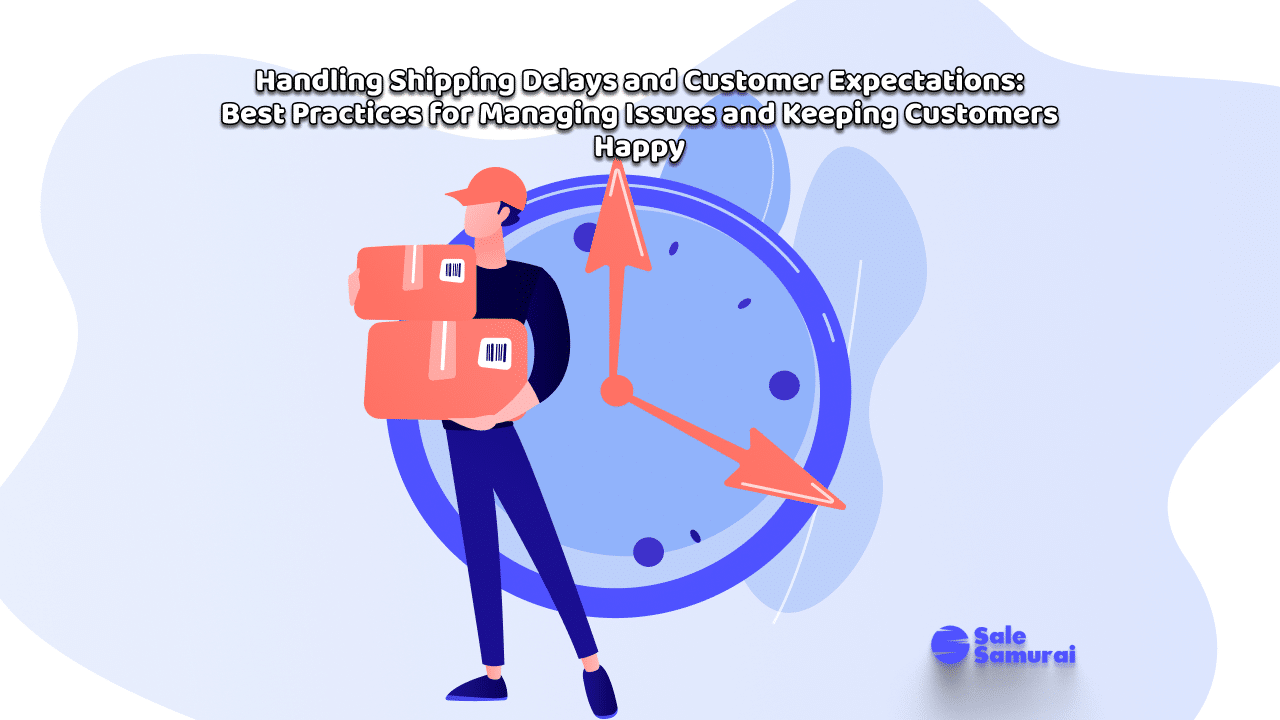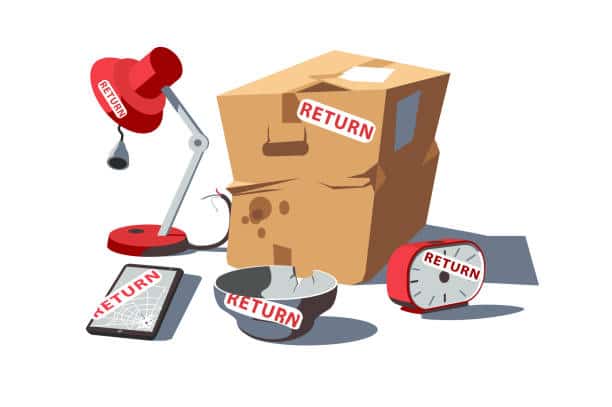
Shipping delays and complications are an inevitable challenge for online sellers. From unexpected carrier issues to international customs hurdles, these disruptions can test even the most prepared shop owner. While you may not always control the shipping process, you do control how you handle these situations. Clear communication, proactive planning, and creative solutions are essential for ensuring customer satisfaction—even when shipping delays occur.
This guide outlines best practices for managing shipping issues and keeping your customers happy, based on insights from e-commerce experts and the Etsy team.
1. Proactive Planning to Minimize Delays
The first step to managing shipping delays is preventing as many as possible. Building robust systems and strategies into your fulfillment processes can safeguard your shop against common problems.
Choose Reliable Carriers
Select carriers with proven track records for on-time delivery. When setting up your shipping profiles, consider the carriers that Etsy recommends for your region. Using carriers integrated with Etsy, like USPS or FedEx, allows you to track performance and handle delays with minimal hassle.

Understand Estimated Delivery Dates
According to Etsy, estimated delivery dates help customers feel confident about their purchase. These dates depend on your shipping carrier, your processing time, and the delivery address. Ensure these settings in your shop are accurate to set realistic expectations.
- Tip: Update processing schedules during peak seasons like Black Friday or the holidays to reflect the time you need to prepare orders.
Prepare for Peak Seasons
Shipping delays are more common during high-volume seasons. Plan ahead by ordering extra packaging materials, scheduling regular drop-offs with your carrier, and setting clear cut-off dates for holiday orders.

2. Communicate with Customers
Clear communication is the cornerstone of great customer service, especially during delays.
Notify Customers About Possible Delays
Be upfront about potential delays in your shop policies and listings. For example:
Due to increased carrier volumes during the holiday season, some deliveries may take longer than expected. We appreciate your understanding!
Transparency like this builds trust with buyers.
Provide Accurate Tracking Information
Add tracking numbers to orders so customers can monitor their packages in real-time. Use tools like Etsy’s integrated shipping labels to automatically include tracking updates in order notifications.
Reach Out Directly During Delays
If a delay occurs, contact your customer as soon as possible. Etsy suggests a friendly, proactive message like this:
I wanted to update you on your recent order. Due to unexpected shipping delays, your package may arrive later than the original estimate. Rest assured, I’m monitoring the situation closely and will keep you informed.
This approach reassures buyers and demonstrates your commitment to excellent service.
3. Offer Solutions to Problems
When something goes wrong, how you handle the situation can turn a frustrated customer into a loyal one.

Handle Damaged Goods Gracefully
Packages can get damaged during transit. To minimize risk:
- Use sturdy boxes and adequate padding.
- Add “Fragile” labels to delicate items.
If a customer receives a damaged item, apologize and offer a resolution, such as a replacement, refund, or discount on future purchases.
Resolve Lost Shipments
Lost packages can happen for many reasons, from incorrect addresses to carrier errors. To manage this:
- Confirm the buyer’s address before shipping.
- Use signature confirmation for high-value items.
- File claims with the carrier if the package goes missing.
Reassure customers that you’re handling the issue and offer a replacement or refund promptly.
Address Customer Concerns
Negative reviews or disputes can arise when shipping issues aren’t handled well. Respond professionally, apologize for the inconvenience, and offer solutions that satisfy the customer. Often, a thoughtful resolution can turn a negative experience into a positive one.
4. Optimize Your Shipping Process
Efficient shipping systems not only reduce delays but also streamline your workflow.
Leverage Shipping Labels and Profiles
Etsy’s shipping labels save time and money by automatically calculating postage costs and generating labels. Pair these with shipping profiles to manage costs and processing times for multiple listings efficiently.
Set Competitive Shipping Policies
Consider offering free shipping or a free shipping guarantee on orders over a certain amount. Etsy reports that customers are 20% more likely to complete a purchase when shipping is free.
Use Calculated Shipping
Calculated shipping automatically determines rates based on the buyer’s location, ensuring accurate costs for both parties.

Invest in Eco-Friendly Practices
Many customers value sustainability. Offer biodegradable packaging and highlight your eco-friendly efforts in your shop.
5. Responding to Unexpected Challenges
No matter how prepared you are, some shipping issues are beyond your control. Here’s how to manage them:
Supply Chain Disruptions
Events like natural disasters or global conflicts can cause widespread delays. Diversify your shipping options by using multiple carriers or fulfillment centers to maintain flexibility.
Carrier Delays
Stay informed about your carrier’s status and update customers accordingly. For example, if you know a storm is affecting deliveries, let buyers know about the potential delay upfront.
Customs Issues
For international orders, include all necessary customs documentation and educate your buyers about potential duties or taxes. Adding this information to your shop’s FAQ section can prevent misunderstandings.
6. Going the Extra Mile
To stand out, consider adding value to your shipping experience:
- Include Personalized Notes: A simple “thank you” card can make a big impression.
- Offer Expedited Shipping: For time-sensitive orders, give customers the option to pay for faster delivery.
- Track Trends: Monitor Etsy’s marketplace insights to stay ahead of seasonal shipping challenges and customer preferences.
7. Conclusion
Shipping delays and customer expectations don’t have to be a source of stress. By planning proactively, communicating clearly, and responding thoughtfully, you can navigate these challenges with ease. Remember, every interaction is an opportunity to build trust and loyalty.
Whether it’s offering quick solutions for a lost package or preparing your shop for the holiday rush, these strategies will help you deliver great customer experiences—even when shipping doesn’t go as planned.





